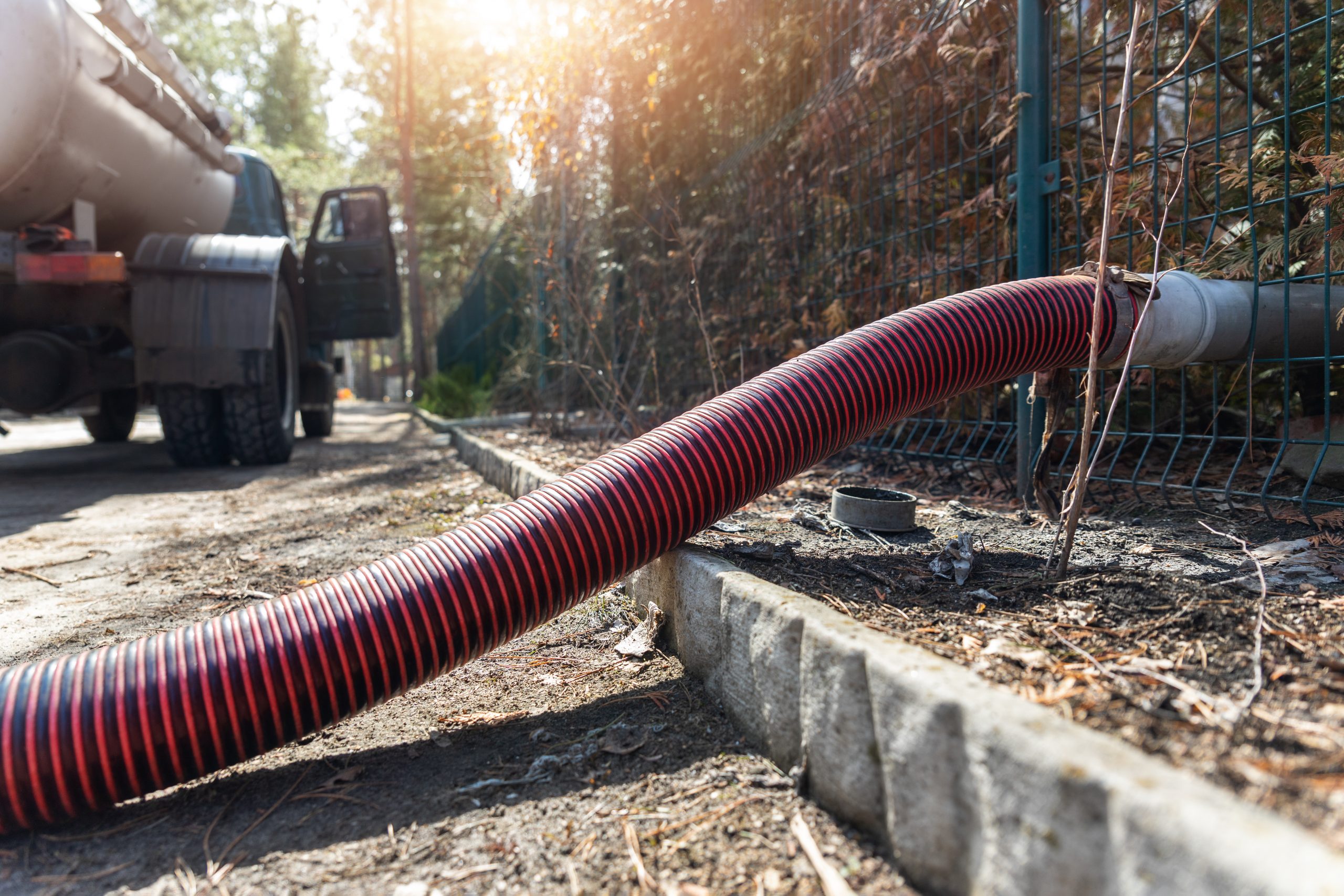Maintaining a septic tank is essential for the health and functionality of your home’s wastewater system. Proper upkeep prevents costly repairs and environmental hazards. As a homeowner, you might be wondering whether to tackle septic tank maintenance yourself or hire a professional. Here’s a comprehensive guide on the pros and cons of both approaches, along with tips and insights to help you make an informed decision.
Understanding Septic Tank Maintenance
A septic tank system treats and disposes of household wastewater. Regular maintenance involves inspecting the system, pumping the tank, and ensuring all components function correctly. Neglecting these tasks can lead to system failures, health risks, and expensive repairs.
DIY Septic Tank Maintenance
1. Pros:
- Cost Savings: One of the main advantages of DIY maintenance is saving money. Hiring professionals can be costly, especially for routine inspections and minor repairs.
- Immediate Action: If you notice minor issues, you can address them immediately without waiting for a professional’s availability.
- Learning Opportunity: DIY maintenance allows you to understand your septic system better, which can be beneficial for long-term care.
2. Cons:
- Lack of Expertise: Septic systems are complex, and improper maintenance can cause significant damage. Without proper knowledge, you might miss critical issues or worsen existing problems.
- Safety Risks: Handling septic tank maintenance can be hazardous. Exposure to toxic gases and harmful bacteria poses serious health risks.
- Time-Consuming: DIY maintenance requires a considerable time investment, including researching, purchasing tools, and performing the tasks.
3. Tips for DIY Maintenance:
- Regular Inspections: Perform regular visual inspections of the drain field and tank area for signs of leaks or damage.
- Pump Schedule: Adhere to a strict pumping schedule, usually every 3-5 years, depending on tank size and household usage.
- Proper Disposal: Avoid flushing non-biodegradable items, grease, or harsh chemicals down the drain to prevent clogs and system damage.
- Use Additives: Consider using septic tank additives to promote bacterial growth and break down waste more efficiently.
Professional Septic Tank Maintenance
1. Pros:
- Expertise and Experience: Professionals have the training and experience to identify and fix issues that you might overlook. They understand the complexities of septic systems and can provide thorough maintenance.
- Advanced Tools: Professionals use specialized equipment for inspections, pumping, and repairs, ensuring the job is done efficiently and effectively.
- Safety Assurance: Hiring a professional minimizes the risk of exposure to hazardous materials and potential accidents during maintenance.
- Compliance: Professionals are knowledgeable about local regulations and ensure your septic system complies with all legal requirements.
2. Cons:
- Cost: The primary disadvantage of professional maintenance is the expense. Regular inspections and pumping services can add up over time.
- Scheduling: Depending on their availability, you might have to wait for an appointment, which can be inconvenient if immediate action is needed.
3. Tips for Hiring Professionals:
- Research: Choose a reputable company with good reviews and proper certifications. Ask for recommendations from friends, family, or neighbors.
- Get Quotes: Obtain quotes from multiple providers to compare prices and services. Ensure there are no hidden fees.
- Regular Maintenance Plan: Establish a regular maintenance plan with a trusted professional to keep your system in optimal condition and avoid emergency situations.
Making the Right Choice
1. Assess Your Comfort Level: Consider your comfort level and experience with home maintenance tasks. If you’re confident in your abilities and willing to learn, DIY maintenance might be suitable for routine checks. For complex issues or peace of mind, hiring a professional is a safer choice.
2. Evaluate the Costs: Compare the costs of DIY maintenance versus professional services. While DIY can save money upfront, improper maintenance can lead to costly repairs. Weigh the potential long-term savings of professional care against the immediate savings of DIY efforts.
3. Hybrid Approach: You don’t have to choose one over the other exclusively. A hybrid approach can be effective. Handle simple tasks like visual inspections and proper waste disposal yourself, but hire professionals for comprehensive inspections, pumping, and significant repairs.
